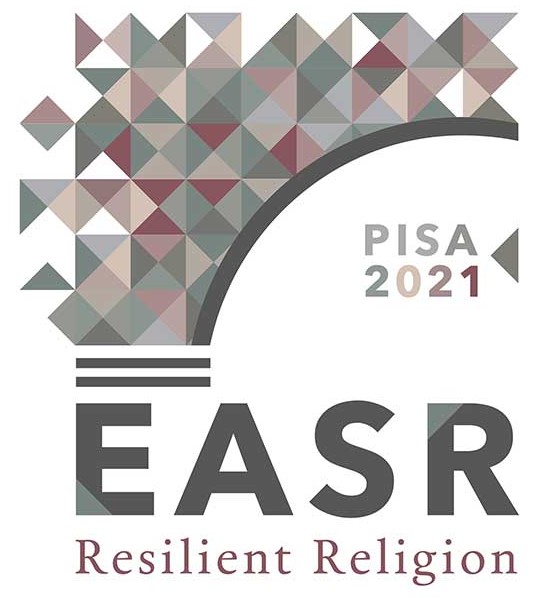European states and their regulation of ‘minority’ religions
This Open Session calls for papers that explore the ways in which European states deal with the presence of ‘minority’ religions in their state territories. Taking cue from the existing scholarship that has understood the state regulation of religion (or secularism) an important corner stone of the principle of sovereignty, this panel invites contributions that examine how this concern with state sovereignty has flared up in the light of ‘public safety concerns’ and the growing multicultural composition of the European nation states. The headscarf affairs, the public anxiety around alternative forms of healing practices (often involving Pentecostal Christian movements) or the controversies concerning dietary rules are only few examples of this. The COVID-19 crisis also involves unseen restrictions to religious freedom – which affect members of minority religions in particular ways. Such concerns are by no means restricted to Islam, but often have an older history that pertains to the conflicts between Catholicism and Protestantism in a given context, or the ways Jewish minorities have historically been excluded from full participation and exterminated. A central aim of this panel is thus not only to explore the causes and mechanisms behind these controversies, but to also take them as starting point in order to understand how such discussions often entail deeper institutional reforms that (at times) also imply a redefinition of the existing state-religion arrangements. This panel is therefore particularly interested in the nation state’s challenges and developments regarding the management of minority religions and invites papers that address this question from close or afar. Contributions that attend to other debates than those around COVID-19 or Islam are also especially welcomed.
